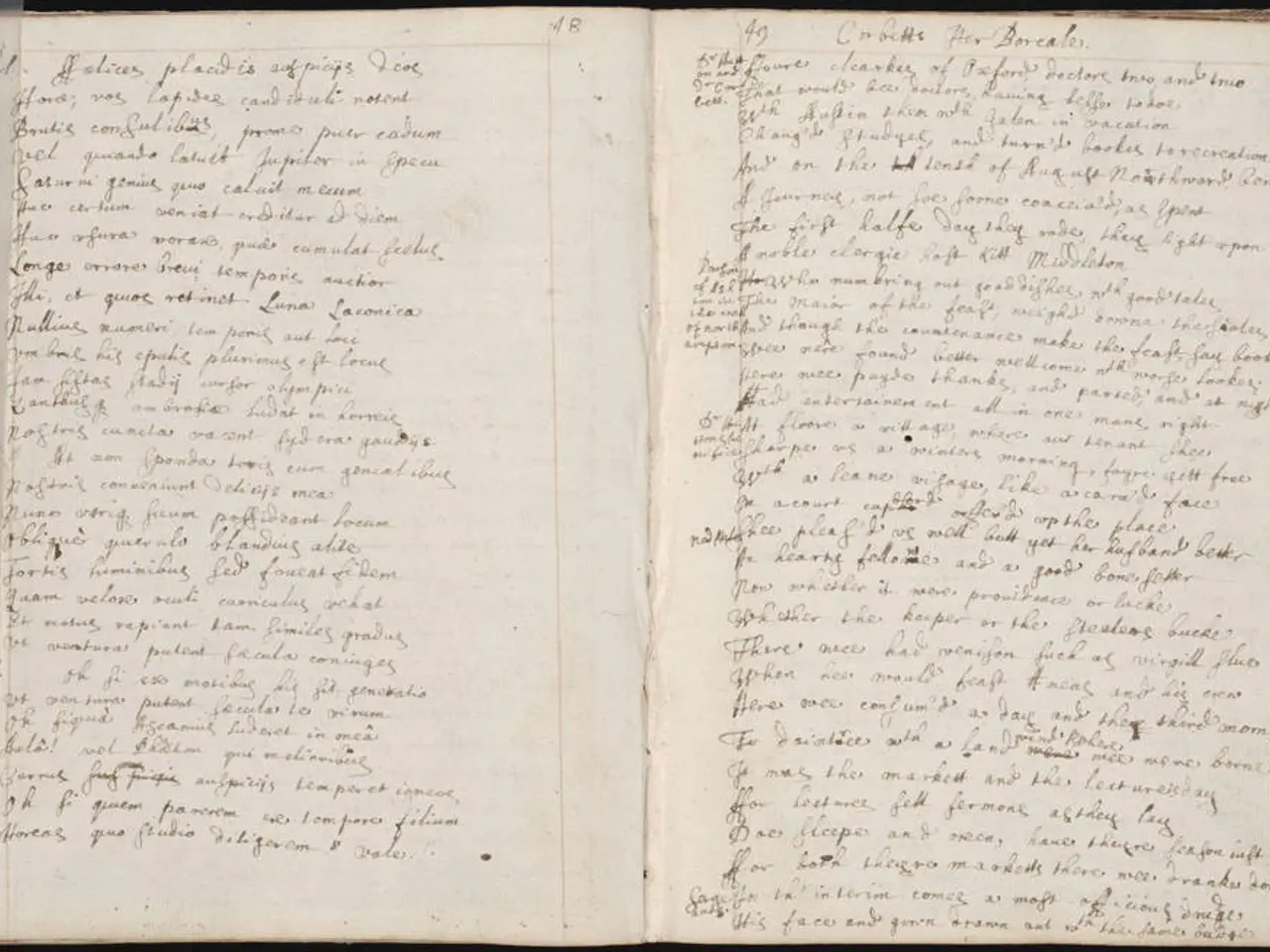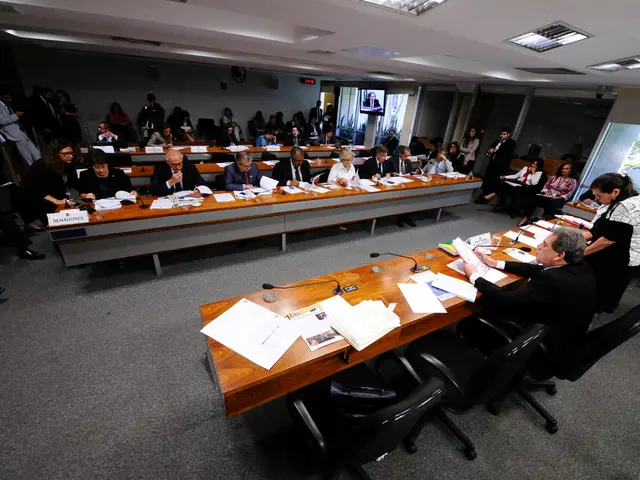Exploring the Legal Crossroads of Free Software and Intellectual Property
In the rapidly evolving world of technology, the relationship between open source and patents is becoming increasingly significant. Open source encourages innovation by allowing users to access and modify code, fostering a community-driven approach to development. As global patent regimes face scrutiny, there may be a shift towards more flexible frameworks that recognize the benefits of open-source methodologies.
Open source and patent laws interact in complex ways. On one hand, patent laws grant exclusive rights that can incentivize innovation but may create barriers to collaboration if enforced aggressively. On the other hand, open-source licenses often include patent-related provisions designed to reduce patent litigation risk and promote shared use of technology.
Many open-source licenses, such as the Apache License 2.0, provide explicit patent grants that license users to any contributor patents related to the software, offering legal protections against infringement claims as long as license terms are met. Other licenses like the GPL use broader provisions prohibiting patent assertion among users to create a kind of ‘safe harbor,’ though their legal effectiveness varies by jurisdiction.
As open source becomes more integral to commercial products, the lines between proprietary and open-source technology blur, leading to more patent disputes involving open-source projects. This requires businesses to strategically manage their patent risks while contributing to or using open source, often involving collaboration between legal and technical teams to navigate patent landscapes effectively.
Patent licensing plays a key role in fostering innovation by allowing technology to be shared legally under agreed terms, reducing litigation risks, and enabling collaborative development that benefits entire industries. Licensing essential patents, particularly standard-essential patents, ensures interoperability and prevents patent hold-ups that could stifle innovation—a dynamic critical in standards-based technologies and open-source implementations.
Open source licensing embodies principles like freedom to use despite exclusive IP, share-alike requirements, and public availability of terms, which together create a collaborative environment that can coexist with patent protections when well-managed. However, inconsistent license terms and complex legal interpretations can create uncertainty around how patents affect open source use and contribution.
Navigating patent law in open source requires strategic planning, including conducting thorough patent searches, utilizing open-source licenses effectively, engaging in community collaboration, and seeking legal counsel specializing in patent law. The integration of open source principles with patent protection cultivates a competitive landscape, stimulating organizations to innovate continuously.
Patents within open-source frameworks can further enhance this sense of community. They provide a legal framework for protecting innovations within open source projects and encourage collaboration. The future of open source and patents may see a more symbiotic relationship, where open-source licensing increasingly incorporates patent rights to safeguard innovations while promoting sharing.
Continued dialogue among stakeholders, including developers, legal experts, and policymakers, will be crucial in shaping a landscape that respects intellectual property while encouraging open innovation. Open source refers to software or projects that allow users to view, modify, and distribute their source code freely. Community engagement is a significant advantage of open source, as it invites contributions from various stakeholders, enhancing the development process.
Patents are legal protections granted for inventions, providing the patent holder exclusive rights to utilize their innovation for a specific period. Common open-source licenses include the GNU General Public License (GPL) and the MIT License, each imposing different obligations on users. The growth of open-source initiatives suggests that organizations will seek ways to protect their inventions without stifling collaboration.
In conclusion, the intersection of open source and patents is a complex relationship shaped by the desire to protect intellectual property while maintaining the collaborative spirit inherent in open source communities. When aligned through careful licensing, legal strategies, and cross-disciplinary cooperation, they foster an environment where innovation can thrive across proprietary and open domains simultaneously.
Read also:
- EA Relies on Madden and Battlefield to Drive Microtransactions Recovery
- Expense for Creating a Digital Platform for Fantasy Sports
- AI-Enhanced Battery-Swapping Station in Southeast Asia Officially Opens Its Doors
- Honda unveils blueprint for design, advanced driver assistance systems, electric vehicles, fuel efficiency, and technology development







